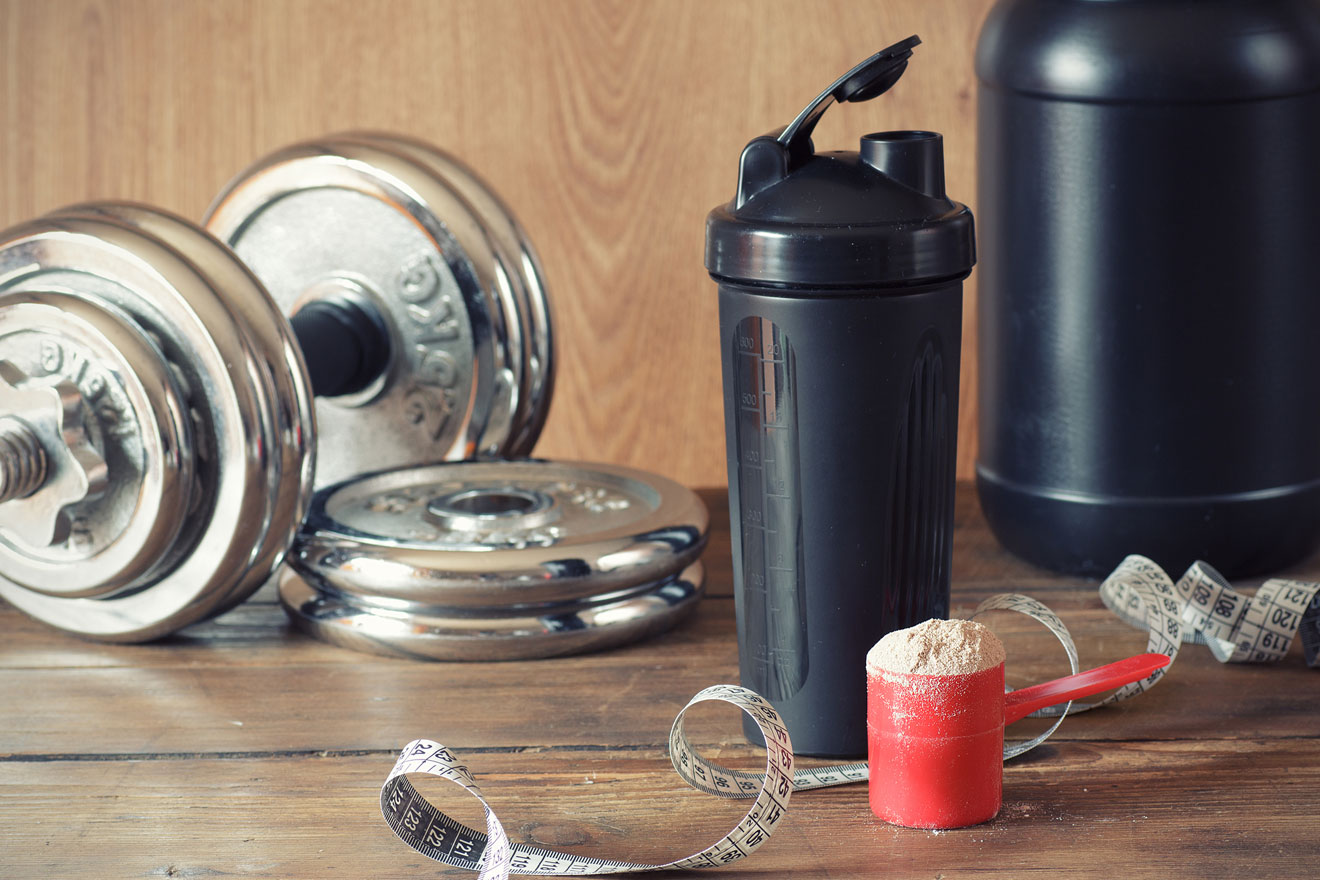Supplements for muscle growth—which ones actually work?
Key Takeaways
- Supplements may support muscle growth and recovery, but their effects are usually small and depend on individual needs and habits.
- Whole foods and consistent nutrition provide the most reliable foundation for performance and progress in the gym.
- Some supplements show potential but should be approached with realistic expectations and discussed with a healthcare provider.
- Relying on trends, friends, or marketing hype can lead to poor decisions and wasted money.
- Education, honest self-assessment, and professional advice are essential before introducing any supplement.
Most Gym-Goers Don’t Need Supplements—They Need Better Nutrition
Many people in the gym turn to supplements as a shortcut to faster gains or better recovery. But in most cases, the problem isn’t a lack of supplements—it’s a lack of consistency, quality nutrition, and smart recovery habits.
The human body is incredibly capable of building muscle and recovering naturally when supported by sufficient sleep, calories, protein, and micronutrients. Supplements don’t replace these basics—and usually only offer marginal or situation-specific benefits.
A well-rounded, nutritious diet—rich in lean protein, complex carbs, healthy fats, fiber, and hydration—should always be your first approach. If you haven’t addressed that, adding supplements is like painting a car that hasn’t had its engine fixed.
Creatine May Help—but It’s Not a Shortcut
Creatine is one of the most researched and effective supplements in sports nutrition. It can improve high-intensity performance and increase muscle energy availability, particularly in people with lower baseline creatine stores.
But these benefits depend on training style, hydration, rest, and individual response. And many people already get a decent amount from foods like red meat and fish.
Before considering creatine—or any supplement—ask yourself: Am I consistently sleeping, eating, and training well? Have I spoken to a doctor or dietitian? Without a solid foundation, even proven supplements won’t move the needle much.
Epicatechin: A Promising but Still-Emerging Compound
Epicatechin, a flavonoid found in dark chocolate and green tea, has gained attention for its potential to inhibit myostatin—a protein that limits muscle growth. Early research has investigated possible epicatechin benefits such as enhanced strength, muscle development, and endurance.
While preliminary studies, especially in animals, have shown interesting results, the human data remains limited and mixed. That said, some small-scale human trials have reported mild improvements in strength or muscle markers—suggesting there could be promise worth exploring further.
It’s important to recognize that dietary epicatechin and concentrated supplement forms are not the same, and dosage, bioavailability, and purity vary widely across products.
If you’re considering epicatechin, it’s wise to focus on whole-food sources (like cacao or green tea) while keeping expectations grounded. Talk to a healthcare professional and base decisions about supplementing epicatechin on credible research and advice—not just gym chatter or marketing hype.
Tart Cherry, Curcumin, and Other ‘Recovery’ Aids Are Often Overhyped
Tart cherry extract, curcumin, and similar compounds are marketed for their anti-inflammatory and antioxidant properties. Some studies suggest they may help reduce muscle soreness and accelerate recovery.
But these effects are usually modest and context-dependent. Most gym-goers don’t train intensely enough to require supplemental anti-inflammatory support—especially when a solid diet already provides what the body needs.
Moreover, reducing inflammation too aggressively could interfere with muscle adaptation. Mild soreness and inflammation are part of how your body gets stronger.
Unless you’re recovering from injury or competing at a high level, these supplements might be unnecessary—and better rest, food, and hydration often do the job just as well.
Magnesium and Micronutrients Are Crucial—but Not Always From Pills
Magnesium plays a role in hundreds of bodily processes, including muscle function, nerve signaling, and sleep. A deficiency can negatively impact performance and recovery. But rather than jumping to a pill, consider increasing intake through leafy greens, nuts, seeds, legumes, and whole grains.
Other micronutrients—like zinc, vitamin D, and iron—are often overused in supplement form. Supplementing without testing can lead to imbalances or side effects.
If you suspect a deficiency, get blood work done and speak with a qualified healthcare provider. Don’t rely on vague advice from gym-goers or online ads.
The Placebo Effect Is Real—and Can Mislead You
Many people swear by supplements that don’t have strong scientific backing. Often, this is due to the placebo effect—where believing something works makes you feel like it does.
This doesn’t mean you’re imagining things or being fooled—it means the mind has a powerful role in perceived performance and recovery.
To avoid overestimating a supplement’s value, track your training, sleep, and overall well-being. Make one change at a time. And always ask yourself if improvements are coming from better habits—not just the product.
Talk to a Professional Before Adding Anything New
Even common supplements can interact with medications or contain hidden ingredients. And many aren’t third-party tested or properly regulated.
Before adding a new supplement:
- Speak to a doctor, dietitian, or qualified nutritionist.
- Identify the actual problem you’re trying to solve.
- Look for credible, peer-reviewed studies.
- Be honest about your current habits.
Supplements might help in certain cases, but they are no replacement for consistency, discipline, and a strong nutritional foundation.
Nutrition Is the Real Supplement
Supplements often seem exciting because they promise quick results. But whole foods contain thousands of synergistic compounds that do far more for your body than any pill or powder.
A plate of salmon, quinoa, steamed broccoli, and berries will support your body far better than an overhyped capsule.
Focus on the basics:
- Eat a wide variety of nutrient-dense foods.
- Prioritize high-quality protein daily.
- Stay well-hydrated.
- Sleep deeply and consistently.
- Don’t skip meals or rely on snacks alone.
Once those are handled, then and only then should you explore targeted supplementation.
Overall, Stay Sceptical and Stay Informed
The supplement industry thrives on exaggeration and consumer confusion. But the truth is simple: most gym-goers will make far more progress by mastering the fundamentals.
If you choose to use supplements:
- Be realistic.
- Be cautious.
- Be informed.
And never forget—you can’t out-supplement poor nutrition, poor sleep, or poor training.







